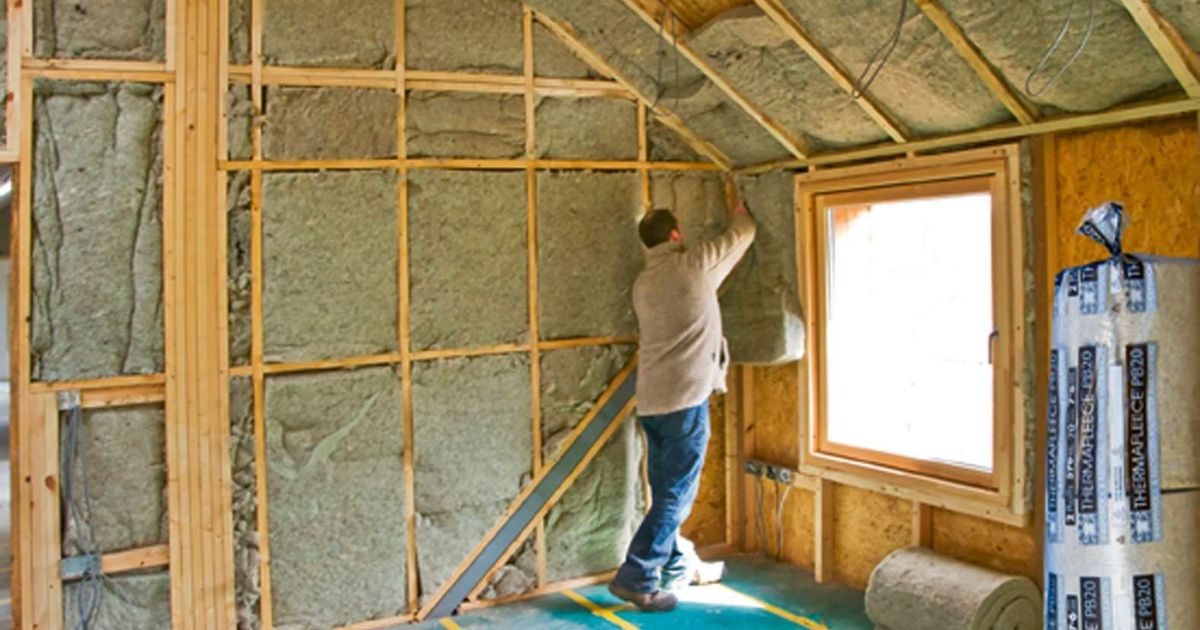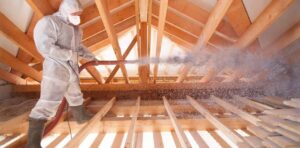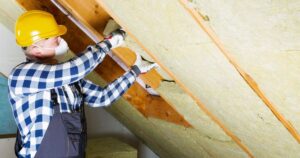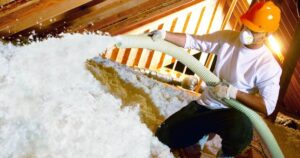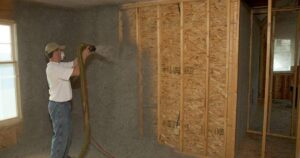When the scorching summer heat bears down on your home, you might wonder whether attic insulation is just another winter necessity or if it plays a significant role in keeping your space cool.
In this article, we will explore the world of attic insulation, defining its purpose, exploring how it helps maintain a comfortable environment during the summer months, discussing its design and features, and weighing the pros and cons of having it installed in your attic.
By the end of this article, you’ll have a better understanding of how attic insulation can make a substantial difference in your summer comfort.
What is Attic Insulation?
Attic insulation is a thermal barrier that is installed in the attic space of a house. It is designed to regulate the indoor temperature by minimizing the exchange of heat between the living spaces and the outdoors. Insulation materials vary but typically include fiberglass, cellulose, foam board, and spray foam. Attic insulation is measured in R-values, which indicate its thermal resistance. Higher R-values indicate better insulation.
During the summer, attic insulation primarily works to keep the indoor temperature cooler by preventing heat from penetrating your living spaces. Let’s explore how it accomplishes this and its various design and features.
How Does Attic Insulation Help in Summer?
1. Heat Barrier
Attic insulation acts as a heat barrier, preventing the sun’s energy from transferring into your home. Without proper insulation, your attic can become incredibly hot, and this heat will eventually penetrate your living spaces. Insulation helps maintain a stable temperature, keeping your home cooler.
2. Ventilation Control
Attic insulation is often complemented by adequate ventilation systems. This combination allows for the circulation of fresh air and expels hot air from your attic. Proper ventilation enhances the effectiveness of insulation in the summer, as it removes excess heat and moisture.
3. Energy Efficiency
Insulated attics reduce the workload on your air conditioning system. When your home is well-insulated, your AC doesn’t have to work as hard to maintain a comfortable temperature, leading to energy savings and lower utility bills.
4. UV Ray Reflection
Some insulation materials have reflective properties, helping to bounce off a portion of the sun’s rays. This further contributes to keeping your attic cooler and, by extension, your living spaces.
Attic Insulation Design and Features that Help in the Summer
1. Types of Insulation
There are various types of insulation materials available, each with its unique features. Fiberglass insulation is a popular choice due to its affordability, while spray foam offers excellent airtight sealing. The choice of insulation material depends on your specific needs and budget.
2. R-Value
The R-value of attic insulation is a critical factor. Higher R-values provide better insulation, but the optimal value depends on your location and climate. Consult with a professional to determine the appropriate R-value for your area.
3. Installation
Proper installation is key to reaping the benefits of attic insulation. Inadequate installation can result in gaps or compression, reducing its effectiveness. It’s advisable to hire experienced professionals for the job.
Pros and Cons of Attic Insulation that Helps in the Summer
Pros:
- Improved Comfort: Attic insulation helps maintain a more comfortable indoor temperature, ensuring you don’t have to endure the sweltering summer heat.
- Energy Savings: Reduced reliance on air conditioning can lead to significant energy savings and lower utility bills.
- Protection of Belongings: Insulation also protects items stored in the attic from extreme temperature fluctuations.
Cons:
- Initial Cost: The cost of purchasing and installing attic insulation can be a significant upfront expense.
- Installation Complexity: Proper installation may require professional expertise, adding to the overall cost.
- Material Choice: The choice of insulation material can impact its effectiveness and cost.
Conclusion
Attic insulation does indeed help in maintaining a comfortable indoor environment during the summer. It acts as a vital barrier against the scorching heat, regulates indoor temperatures, and can lead to substantial energy savings. It’s important to carefully consider the type of insulation, the R-value, and the cost of installation to ensure you make the right choice for your home.
Attic insulation is a valuable addition that not only enhances your summer comfort but also contributes to long-term energy efficiency. So, if you’re looking to beat the summer heat and save on energy costs, investing in attic insulation is a wise choice.

